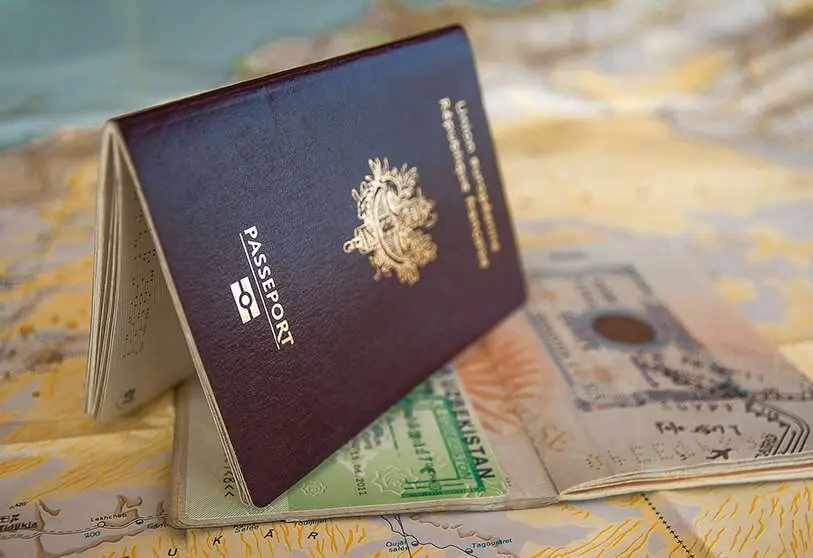"Digitalisation will boost confidence in international travel"

Travel has always been an essential part of the socio-economic fabric around the world. Since much of travel as we know it came to a standstill in the early 2020s, the industry has been biding its time, taking advantage of this hiatus to reinvent the way we travel in the post-Covid world.
However, given the aftermath, regaining the pre-pandemic momentum could be a long road. Prolonged border closures led to an 80% drop in visas issued by Spanish consular offices in 2020 compared to the same period last year, according to statistics published by the Permanent Immigration Observatory (OPI) of the Ministry of Inclusion, Social Security and Migration.
While closures and long-term travel restrictions have increased pent-up demand, health and safety are sure to be among the main concerns of travellers in the new world. The Global Web Index recently cited that 87% of travel consumers will change their habits. In this context, the entire value chain will first have to regain confidence in the security of the entire travel ecosystem, from travel planning to visa application and all subsequent interaction points.
In addition to the obvious improvements in hygiene standards, healthcare accessibility and social distancing, given the growing demand and acceptance of digital consumer experiences, smart contactless solutions will underpin this transformation from the first step of the international customer journey such as the visa application.
Travel companies need to understand that while travel needs to be made more secure, customers expect a seamless end-to-end experience. These changes in consumer preferences explain the rise of disruptive services such as visa-on-demand. A group of discerning travellers is likely to opt for such services, as travel security is a priority.
Technology changes the rules of the game. Difficulties in obtaining and submitting documentation during the visa application process, one of the most difficult parts of organising a trip, have been significantly reduced. Today, travellers have the option of scanning and uploading their documents into applications via their smartphones, tablets, printer-scanners or other computing devices. A whole host of automated and AI-driven systems allow governments to remotely assess digital versions of various documents issued by them, such as passports, residence permits or other certificates. This type of technology allows authorities to authenticate documents before receiving physical copies and helps maintain a streamlined, efficient and secure process for both the individual and the authorities.
E-visa solutions have given travellers a lot of confidence, and we have seen their success in Thailand, Vietnam and Suriname, where biometric registration prior to departure is not required. In addition to visas, all information regarding travellers' Covid-19 evidence is of paramount importance today. In the future, traveller information in passports, visas and health certificates will be digitally integrated through technology, making the travel industry more resilient, robust and future-proof.
When travel resumes, new and cautious travellers are likely to make their decisions based on security, but also on the comfort of a new normal, and the developments made by travel companies and service providers during this period will need to be in line with these new expectations.
Chris Dix is Director of Business Development at VFS Global, the world's largest specialist in outsourcing and technology services for governments and diplomatic missions. With more than 3,500 application centres, operations in 143 countries on five continents and more than 230 million applications processed by 31 July 2021. VFS Global works with 62 client governments to facilitate visa, passport and consular services.
